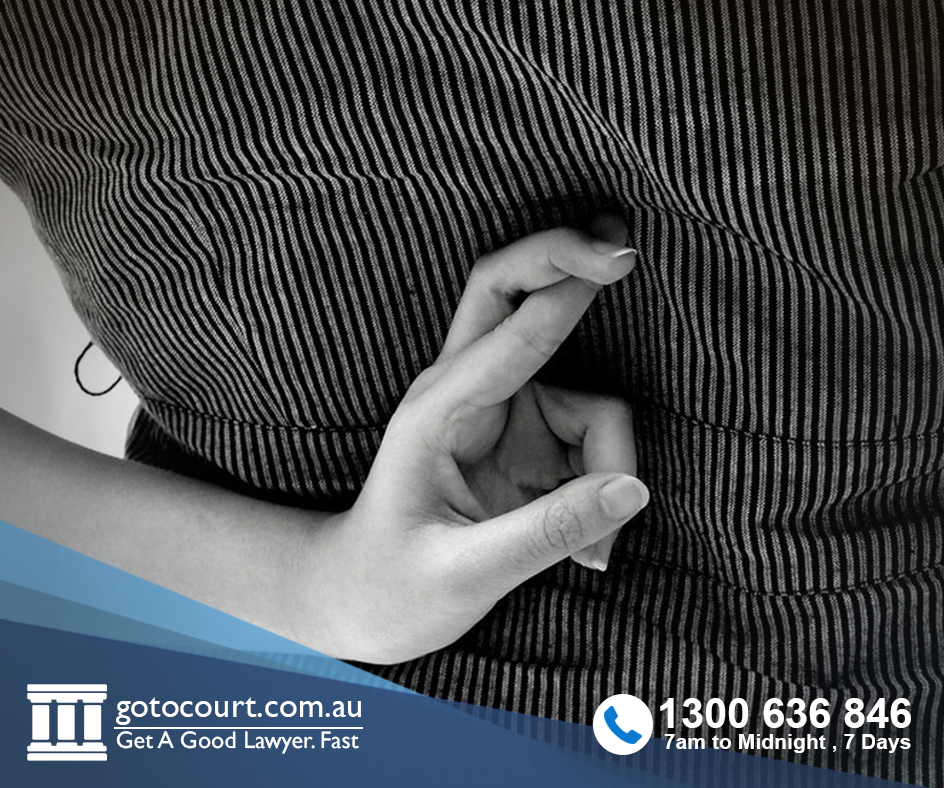Serious Offenders (Vic)
The Serious Offenders Act 2018 provides a framework for dealing with serious offenders who have served custodial sentences in Victoria and who continue to pose an unacceptable risk to the community upon completing their sentence. The act allows the Supreme Court to order such offenders to be subject to continuing detention or supervision for a period after their sentence.
The act applies to serious offenders who have been sentenced for serious sex offences such as rape or sexual intercourse with a child under 16 and to serious violence offenders, including those who have been sentenced for murder, manslaughter or arson. The act replaced the Serious Sex Offenders Act 2009, which only applied to serious sex offences.
Unacceptable risk
Where the court considers that a person who has been sentenced for a serious sex offence or a serious violence offence poses an unacceptable risk of committing a further serious sex offence or serious violence offence, the court can make a Detention Order or a Supervision Order.
Detention orders
A detention order commits the offender to detention for the period of the order. At the end of the period of a detention order, prosecution can apply to the Supreme Court for the detention order to be renewed.
A detention order can be made for a period of not more than three years.
Supervision orders
A supervision order imposes conditions on the offender during the period of the order. The core conditions of a supervision order are set out in Section 31 of the act and include:
• That the offender does not commit a serious violence or serious sex offence;
• That the offender not leave Victoria without permission;
• That the offender obey all instruction given by Corrections;
• That the offender reside at a residential facility or residential treatment facility;
• That the offender report to and receive visits from the Secretary of the Post-Sentence
A supervision order can be made for a period of not more than 15 years. A supervision order commences on the day that the offender completes their custodial sentence or on the day the offender is released from remand or immigration detention.
When making a Supervision Order, the court also has the power to cancel the offender’s firearms authority and revoke any weapons approval or weapon’s exemption they may hold.
Intensive treatment and supervision
As part of a Supervision Order, the court may impose a condition that the offender reside at a residential treatment facility if it considers that such a condition is necessary to reduce the risk of the offender committing a serious violence offence or serious sex offence and less restrictive means of managing the risk have been tried or considered.
When an intensive treatment and supervision condition is imposed as part of a supervision order, the court must also impose the following conditions:
- That the offender must participate in the programs and activities set out in the treatment plan;
- The offender must not leave the facility without permission from the Post Sentence Authority, in accordance with the treatment plan or with a lawful instruction;
- The offender must only leave the facility with a community corrections office or an approved person;
- The offender must be subject tot electronic monitoring;
- The offender must not do anything that poses a risk to the good order of the facility or to the safety and welfare of people at the facility.
Emergency detention power
When a serious offender is subject to a Supervision Order, the Supreme Court can make an Emergency Detention Order if it is convinced that a change in circumstances means that the offender now poses an imminent risk of committing a serious violence offence or serious sex offence if the Emergency Detention Order is not made.
An Emergency Detention Order can be made for a period of not more than 168 hours and commits the offender to prison for the period of the order.
What about the rights of serious offenders?
The act seeks to balance the need to protect the community with the rights of offenders and the risks and implications of preventative detention. Preventative detention seeks to minimise risks of serious harm to members of the community without impinging on the rights of offenders any further than necessary in order to do so.
Post-sentence preventative detention has been criticised as contravening the human rights of serious offenders who were sentenced prior to the existence of a scheme for continuing detention after the end of a sentence. It has also been criticised as applying additional punishments to an offence that has already been dealt with and for allowing what could be viewed as double punishment for the same acts. However, the scheme has also been hailed as providing necessary preventative measures to mitigate the risk of re-offending by serious offenders.
If you require legal advice or representation in a criminal matter or in any other legal matter, please contact Go To Court Lawyers.







